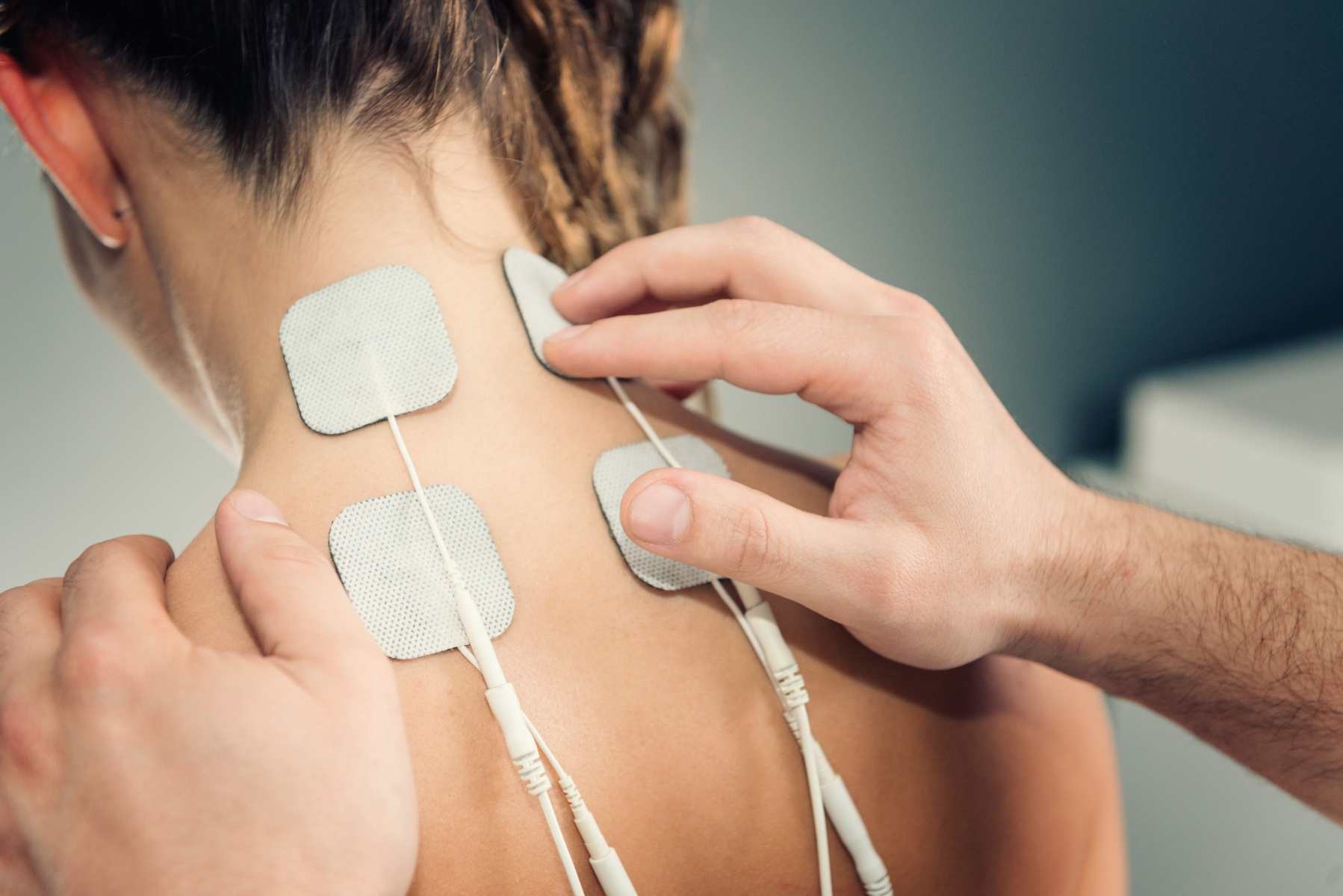Hip injuries can cause a lot of pain and difficulty performing everyday tasks, or even difficulty getting around. The hip is one of the largest joints on the body, and several muscles, ligaments and tendons are required to stabilize it. If anything is abnormal, torn or broken, it can cause immense pain and difficulty.
Start with rest
As soon as you notice any hip pain, you should stop what you are doing and rest. While sometimes rest, anti-inflammatory medicine and icing the hip are all you need, other times your hip injury will require more than that to heal.
If the pain still doesn’t go away after a few days, you should make an appointment to see an orthopedist as soon as possible.
See an orthopedic doctor
Hip pain should not be ignored. If you can’t manage the pain on your own, or you experience swelling, fever, or chills you should see a doctor immediately. Additionally, if you have a limited range of motion, numbness, instability, or significant pain, it’s time to see an orthopedic surgeon. An orthopedic surgeon can help you determine the best treatment including surgery and physical therapy.
Signs you may need hip reconstruction or hip replacement
Hip replacement surgery may be necessary if you experience any of the following:
- daily pain,
- difficulty walking, sitting, or standing up,
- the pain interrupts your sleep,
- your joint is stiff and/or swollen,
- the pain is taking a toll on you mentally and physically,
- or the pain is worsening without any relief from medications.
An orthopedic surgeon can help you with a hip replacement, no matter what is causing your pain.
At iOrtho, we specialize in hip injury treatment in Staten Island. Our team of orthopedic specialists treat a variety of hip injuries and hip conditions, like arthritis, tendonitis, and periacetabular impingement (FAI). Contact us today to learn more.





